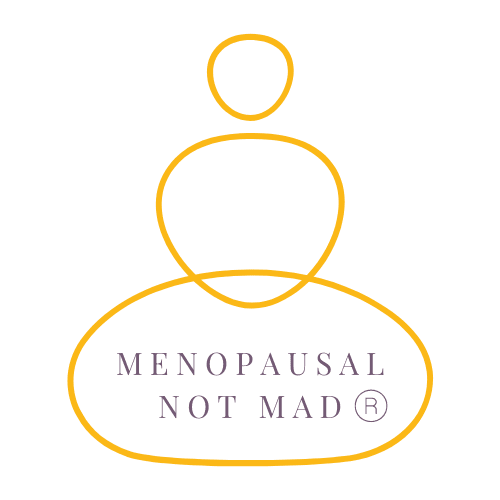Partners and Menopause
Menopause affects the lives of husbands and partners too! (even my husband had to get with the programme!)
This page is specifically aimed at helping partners get a handle on what has happened to the woman in their life!
It’s a challenge when neither of you knows what’s going on and far too many relationships break down solely due to the impact of the menopause.
The personality and health changes often happen so gradually that you’re not even aware of them, until communications between you have degenerated to such a level that there’s a huge mountain to climb to get back on track.
Women simply want to be understood
Partners simply want to understand
Most of the time she doesn’t know what’s going on with her symptoms either; so, communicating how she feels, to you or those around her is challenging at best, but please remember that she wants things to improve just as much as you do.
Having spoken with numerous partners regarding frustrations about their relationships with, quite clearly peri or post menopausal women, we have detailed a few key pointers below.
You’ll find links to more detailed information throughout the site as well as supportive tips on specific issues, so do take a look around.
After all, it would seem sensible that we all have the same information, right?
So! What is Menopause?
Menopause is the point in time when a woman has not had a period for 12 consecutive months
Peri menopause is the time leading up to full menopause and can last up to 12 years as the levels of estrogen begin to fall; so it’s not unusual for symptoms to begin in a woman’s later 30’s.
This reduction of estrogen will very often cause a wide range of distressing symptoms for a woman, which bring many challenges such as low mood, depression, fatigue or low sex drive.
Testosterone
Women often also need testosterone to retain their energy levels, brain clarity and sex drive and it’s quite common for these levels to be low during peri menopause.
It’s not just women over 50 who experience menopausal symptoms. Women can experience peri menopause/menopause at any age. 40-45 years is considered an early menopause, but it can start much earlier too. A “premature” menopause occurs before the age of 40.
Radical gynaecological surgery can throw a woman into the menopause overnight! (surgical menopause) which is a very challenging and scary time for her. This situation needs specialist medical advice to ensure she is able to continue to function as normal and to stay healthy long term. Certain illnesses and medications can also bring about peri menopausal symptoms
Common Issues Raised:
She’s totally gone off sex!
It’s likely that she has a lack of interest in sex but not a lack of interest in you! Many of my clients tell me that they want to want sex! The lack of estrogen and testosterone means that the desire is missing. It feels like a part of her has just gone!
Part of the problem for many women is also the physical pain or discomfort as a result of vaginal dryness and skin irritation.
Try to imagine having to wear pants made of sandpaper every day! Many women experience this dry, sore feeling both inside the vagina and outside in the vulva area during menopause! (not a great mood enhancer!)
She’s fine one day but then totally different the next
During peri menopause, her mood may be changeable. Hormones fluctuate all the time so one day she will feel relatively ok, followed by a day of distress and the unknown.
She’s always exhausted
Overwhelming fatigue is debilitating for many women; especially if they are used to being energetic and busy. The lack of estrogen (and testosterone) brings about a unique tiredness that can stop a woman in her tracks, leading to low mood caused by not being able to do what she loves.
Her mood is erratic – I never know what to say for the best
The fluctuating hormones can cause or increase anxiety and bring about a very low mood or even depression which can come from nowhere and is totally out of her control. It’s a scary time for a woman but will also impact her relationships. Many women say they feel as if they’re losing their minds.
I’m worried that she drinks too much alcohol now
Alcohol has an estrogenic effect so when the estrogen is depleted, the extra glass (or 10!) temporarily relieves the worst of the symptoms. She may not even realise this is why she craves the booze. It just happens and then a pattern of coping behaviour is set.
Take a look at the tips below to see how you can help and have a browse around to view more detailed information.
How Can You Help?
1. Most peri and post menopausal women say they struggle to explain how they feel, so, being patient and asking her to try to put it into words, will go a long way towards improving communication
2. Encourage her to attend a specialist menopause appointment along with you (without passing judgment on how she is behaving). This will make her feel understood and supported, but also allow you to ask questions at the appointment and come away more informed. She will feel much better, in most cases, by taking Hormone Replacement Therapy (HRT)
3. Become informed on her symptoms and the options available to her, including HRT and lifestyle changes.
4. Most importantly, try not to treat her as if she is less than she was, or she is behaving irrationally. She’s feeling very unhappy with her symptoms and wants to get things back to normal just as much as you do.
Let’s become informed together to ensure we stay together







